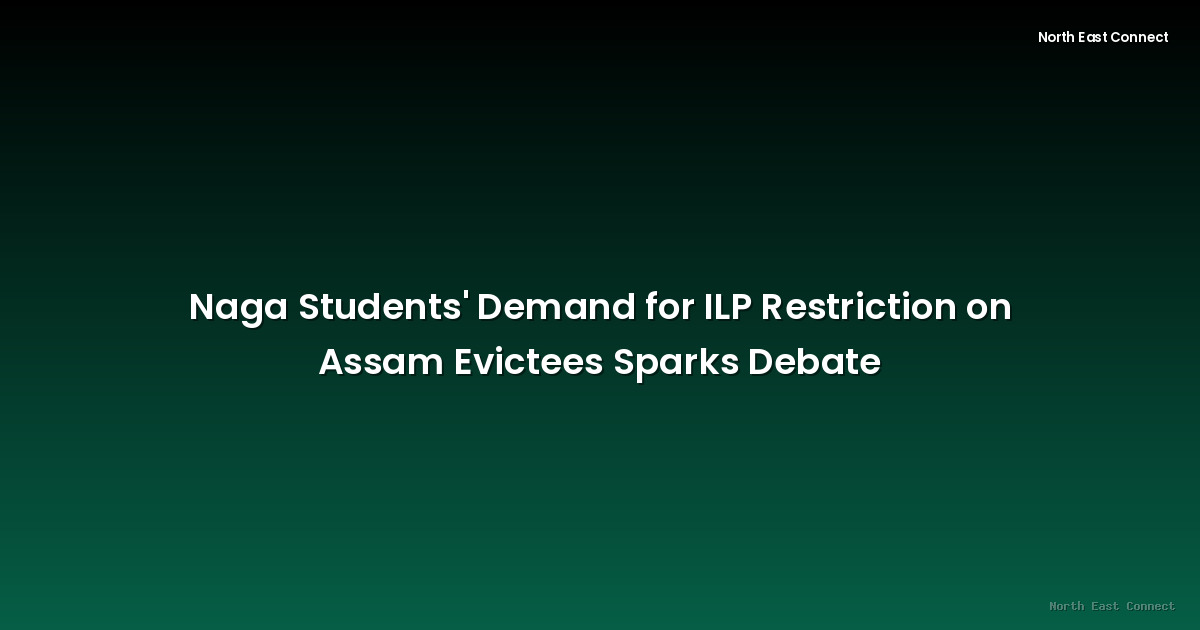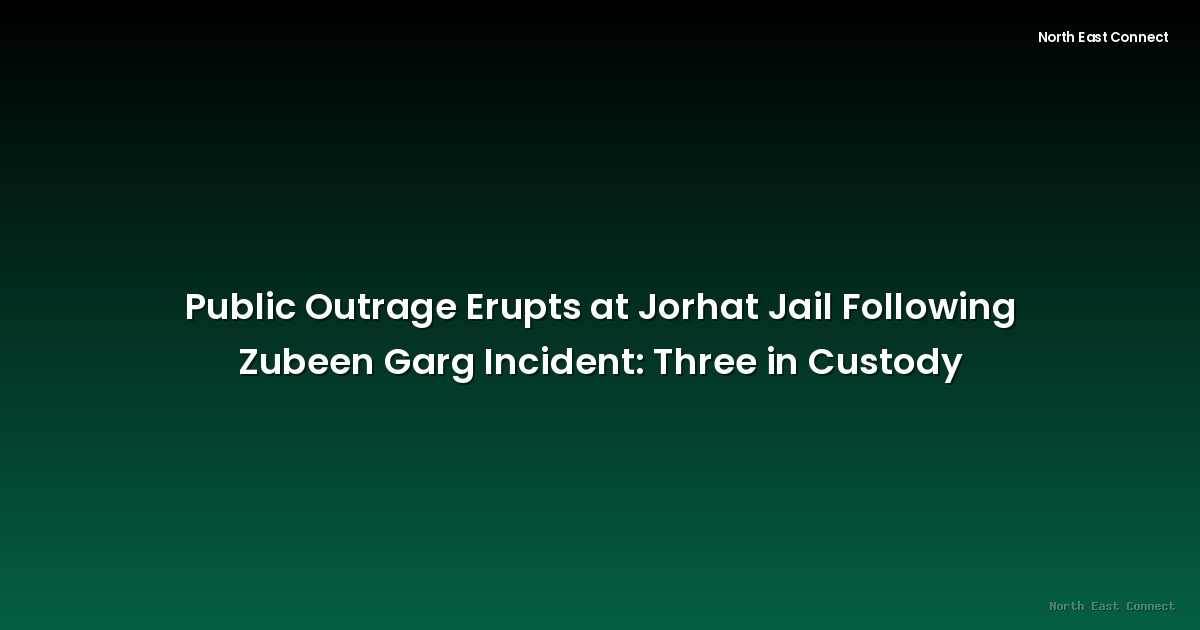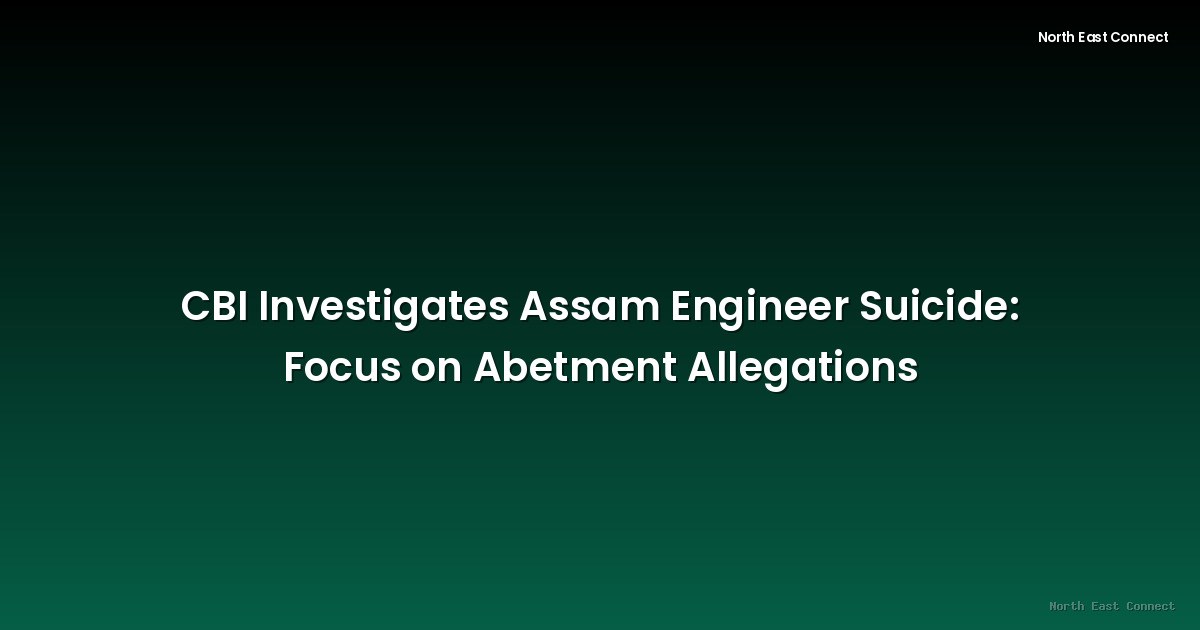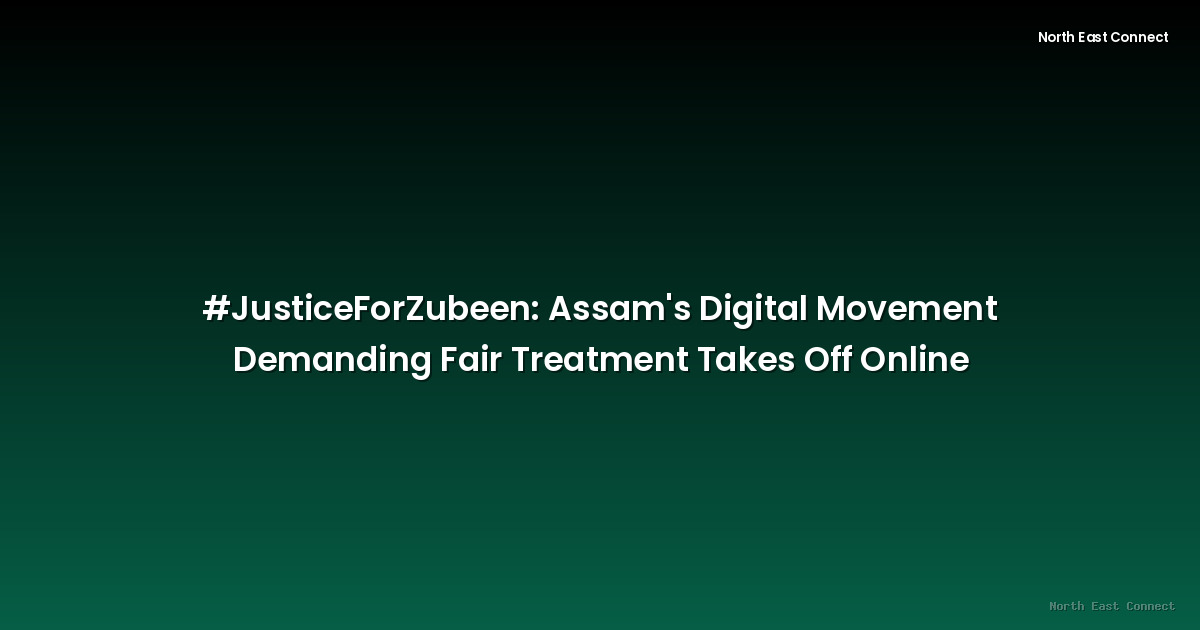2025-08-13 · News
The student bodies of Nagaland have issued a strong appeal demanding that the Inner Line Permit (ILP) system be rigorously enforced to prevent individuals recently evicted from Assam from settling in Nagaland. This move underscores deep-seated concerns within Naga society regarding potential implications for the region's demographics, resources, and the integrity of the existing ILP system.
The ILP is a crucial safeguard under the Bengal Eastern Frontier Regulation, 1873, restricting entry of outsiders into designated protected areas. Its application in Nagaland is aimed at preserving the unique cultural and social fabric of the Naga people. Recent events in Assam, involving large-scale evictions, have raised anxieties that displaced individuals might attempt to relocate to Nagaland.
Student organizations argue that the influx of individuals from outside without proper documentation and adhering to the ILP regulations could strain Nagaland's resources, potentially leading to competition for jobs, land, and other essential resources. Concerns have also been raised about the potential impact on the existing demographic balance within Nagaland.
While the exact number of individuals potentially seeking relocation remains unclear, the student bodies' proactive demand reflects a heightened sense of vigilance amongst the Naga population. They highlight the importance of strict adherence to existing laws and regulations to prevent any unintended consequences.
The demand also touches upon broader issues of inter-state relations and the complex dynamics within the Northeast region. The close geographical proximity and historical ties between Assam and Nagaland add another layer of complexity to this issue.
The call for stricter ILP enforcement is not without its complexities. Balancing the need to protect the Naga population with the potential humanitarian concerns regarding those displaced from Assam is a significant challenge. This necessitates a careful and considered approach, involving discussions amongst various stakeholders including state governments, civil society organizations, and relevant authorities.
The situation underscores the need for transparent and efficient implementation of the ILP system to ensure its effectiveness in protecting the interests of the Naga people, while also addressing humanitarian concerns. The ongoing debate highlights the importance of maintaining peace and harmony between different communities within the Northeast and underscores the need for proactive measures to prevent potential conflict.
The Nagaland government's response to this demand will be keenly watched, as it will significantly influence how this issue unfolds. Any actions taken must consider the various perspectives involved and contribute towards maintaining stability and social cohesion in the region. The ongoing discussion surrounding this issue underscores the delicate balance between preserving cultural identity and managing the complexities of population movements within the Northeast Indian region. The long-term implications will depend on the collaborative efforts of all parties involved.







